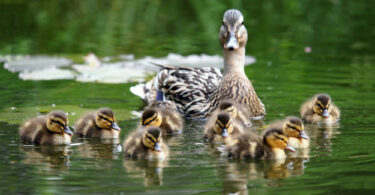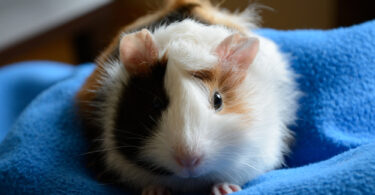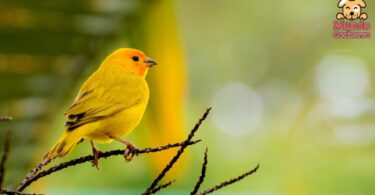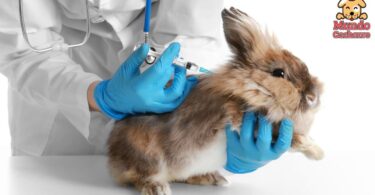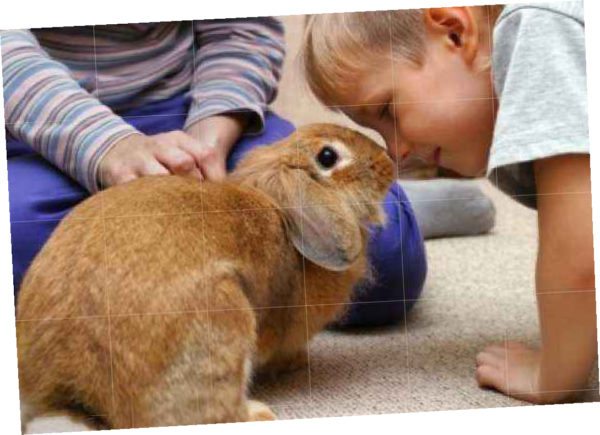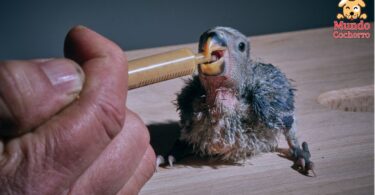This rodent has an elongated tail that distinguishes it in a curious way among other mice. It has well-developed hind legs, because it is a good jumper and shows a docile temperament most of the time. As a result, the gerbil has grown in popularity as a pet and is fairly easy to care for.
It has a length of about 15 centimeters, and weighs between 80 and 150 grams. At two or three months of age they are able to reproduce, and live in captivity for 3 to 5 years. It is an active mouse, which should be handled with care.
Habitat of the Gerbil
The gerbil should live in a cage, preferably made of Plexiglas, which is easy to clean. Rather than a wire floor, it is better to give it a wooden floor. Inside should be a clean, dry bed, which is made of shavings or some kind of substrate, which is at least 2 centimeters deep. It must have a place for its food and fresh water.
Feeding the gerbil as a pet
In pet stores you can find food for gerbils that guarantees a series of minimum nutrients to support their diet. This should be complemented with a variety of vegetables such as cabbage, kale, broccoli, carrots, or seed sprouts.
The gerbil must also be provided with alfalfa through which it assimilates calcium, which is very important for lactating females. You should provide fresh water through a drinking bottle with a pipette for easy access.
Other needs of the gerbil
The gerbil needs access to gnawing materials to combat dental malocclusion, which is the unrestricted growth of teeth. This is satisfied with wooden blocks, which can be purchased at pet stores, or you can get them from a carpentry shop.
You can satisfy their need for exercise with a wheel. An exercise ball also allows you to explore the house in a safe and controlled way. Also provide it with shredded paper so that it can form its nest to its liking during the winter.
A gerbil needs about 30 minutes a day to care for them and satisfy all their needs. Their habitat or cage needs weekly cleaning since they do not produce much waste.
It is also necessary to be alert to any health alteration that a gerbil may present, since it must be treated immediately as it is very vulnerable. Be sure to visit the veterinarian if he has suffered a blow, if his coat is rough, his nose is pale or if he has diarrhea. Take him to have his teeth checked to prevent malformations due to dental malocclusion.
These are the care that the gerbil needs as a pet. With the right attention from the start, he is a delightful rodent that you will love to have by your side.
Image courtesy of http://www.cvparquecentral.com/


